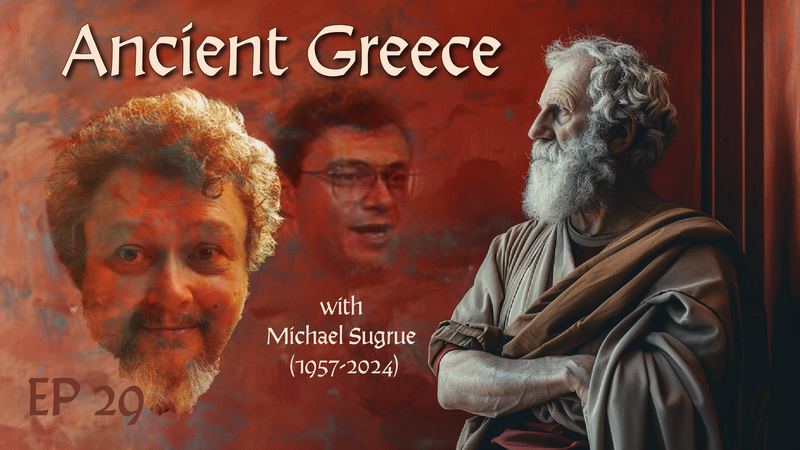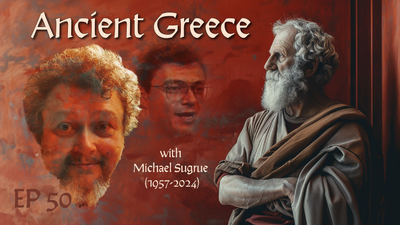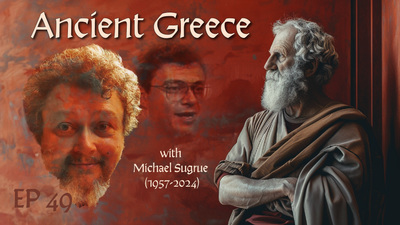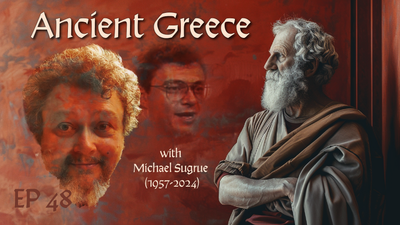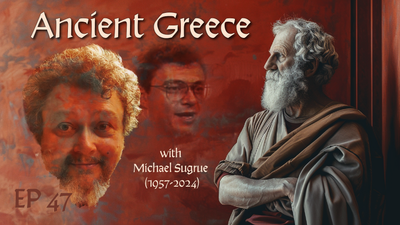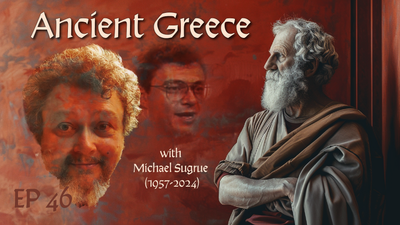Rhetoric, the art of persuasion, is as ancient as it is relevant today. In Plato’s time, rhetoric held immense power in the democratic landscape of Athens, shaping decisions and swaying public opinion. But Plato warns that rhetoric without virtue is merely flattery, a form of persuasion that lacks commitment to truth. This warning resonates in an era of sound bites and social media, where persuasive speech can spread both wisdom and misinformation.
Plato’s critique goes beyond words to question intentions. Is rhetoric being used to enlighten or to manipulate? In today’s polarized discourse, where eloquence often overshadows substance, this question is crucial. We are invited to reflect not just on what we say, but why and to what end our words are directed. For Plato, speech should be grounded in the pursuit of truth and justice, not just in the skillful art of argumentation.
Join the conversation on planksip.org, where the wisdom of Plato serves as an ideal worth re-imagining. There, we explore the ethics of speech, reflecting on how words shape reality and seeking to harmonize ancient insights with modern dilemmas.
From the Archives of Ancient Greece: Featuring Dr. Michael Sugrue
In his analysis of Gorgias, Dr. Michael Sugrue examines Plato’s skepticism toward rhetoric. He argues that Plato’s mistrust stemmed from the sophists’ focus on winning arguments rather than discovering truths. The sophist Gorgias, as Sugrue points out, equates rhetoric to a form of “verbal magic” that can lead people to believe anything, regardless of its actual validity. Plato contrasts this with dialectic, where the aim is not persuasion but a shared journey toward understanding.
Sugrue uses the famous confrontation between Socrates and Gorgias to illustrate Plato’s point. When Socrates asks Gorgias if rhetoric can teach justice, Gorgias hesitates, revealing the ethical pitfalls of persuasive speech without a moral compass. Sugrue’s commentary prompts readers to question how often modern rhetoric, like ancient sophistry, focuses more on appearances than on genuine insight.
We invite readers to delve deeper into these critical perspectives by engaging with us on planksip.org. There, we continue the dialogue on rhetoric, ethics, and the art of communication, considering how these age-old lessons apply to our contemporary world.
Insights from the Dialogues: Quoting Plato
In Gorgias (449a-466a), Socrates challenges Gorgias, Polus, and Callicles on their understanding of rhetoric and its ethical implications. He exposes rhetoric’s potential to prioritize persuasion over truth, and power over justice. Through a series of probing questions, Socrates dismantles the idea that the art of speech can be separated from the pursuit of the good.
One striking moment in the dialogue occurs when Polus proudly proclaims that rhetoric is the greatest of all arts because it gives one the power to sway entire cities. Socrates, in response, asks whether it is better to persuade others to act unjustly or to act justly oneself. By framing his question this way, Socrates shifts the focus from the power of speech to its moral purpose, highlighting that eloquence without virtue is dangerous.
On planksip.org, we discuss these dialogues and their modern-day significance. Join us in reflecting on the role of speech in shaping societies and how we can reclaim rhetoric as a tool for justice rather than manipulation.
Chance and Fate: Exploring Ancient Games
In ancient Greece, games of chance, like knucklebones or dice, were more than simple diversions; they were seen as metaphors for life’s uncertainties and human agency. Much like these games, rhetoric involves both skill and fate—a persuasive speaker needs the knowledge to play well and the discernment to navigate the uncertainties of public perception. It’s no coincidence that the ancient Greeks used games to explore ideas of destiny and control. Rhetoric, in a way, mirrored these games, balancing strategy and unpredictability.
Explore the Mystical World of Astraguli: Ancient Games of Chance with Cultural Significance.
One parallel can be drawn between the unpredictability of a roll of the dice and the way a persuasive speech can sway an audience in unexpected ways. Just as a skilled player adapts to the roll, a rhetorician must be adept at reading the audience and adjusting their message accordingly. However, as Plato warns, without a guiding sense of justice, this adaptability becomes manipulation.
To explore more about these metaphors and their connection to rhetoric, join us on planksip.org. We delve into the cultural symbolism of games and their philosophical implications, offering a fresh perspective on how chance and speech intersect in shaping human destiny.
Virtues Revisited: Practical Lessons for Today
This week, we explore the virtue of prudence, which, in Platonic thought, represents wisdom in action. Prudence isn’t just about making careful choices; it’s about aligning actions with deeper ethical commitments. For Plato, prudence is essential in rhetoric, ensuring that persuasive speech serves justice rather than self-interest. Today, we face a similar challenge: how to cultivate speech that respects truth and promotes the common good in a world often driven by viral trends and sensationalism.
Consider modern debates, where facts are sometimes overshadowed by emotional appeals or slick presentations. A prudent speaker must not only be skilled but also principled, discerning the difference between eloquence that enlightens and rhetoric that misleads. It’s a timeless reminder that power in speech, like power in games, is a double-edged sword.
Join the community on planksip.org to share your reflections on prudence in our age of information overload. Let’s re-imagine what it means to speak with integrity in a world where words often shape realities.
Engage with Us: Reader’s Corner
How do you see persuasive speech shaping our contemporary culture? Are there examples where rhetoric has helped or hindered progress? We’d love to hear your thoughts and reflections on these questions. Share your insights on planksip.org, and we’ll feature selected responses in our upcoming newsletters. By participating, you’re helping us cultivate a richer dialogue around these timeless themes.
Closing Reflection: Socrates’ Enduring Legacy
For Socrates, speech was not a tool to win arguments but a path to discovering truth. His legacy challenges us to use our words thoughtfully, aligning them with virtue and wisdom. In a world where speech often competes for attention, Socratic dialogue reminds us to pause, question, and seek the good in every conversation.
To explore more about Socrates’ approach to rhetoric, join our community on planksip.org, where we continue to imagine what it means to live a philosophical life in a modern world. Let’s keep the conversation alive, inspired by the enduring wisdom of the ancients.

Plato Re-Imagined
This course offers 32 comprehensive lectures exploring most of Plato's dialogues. These lectures guide students toward a consilient understanding of the divine—a concept that harmonizes knowledge across disciplines and resonates with secular and religious leaders. As a bonus, Lecture #33 focuses on consilience, demonstrating how different fields of knowledge can converge to form a unified understanding.

